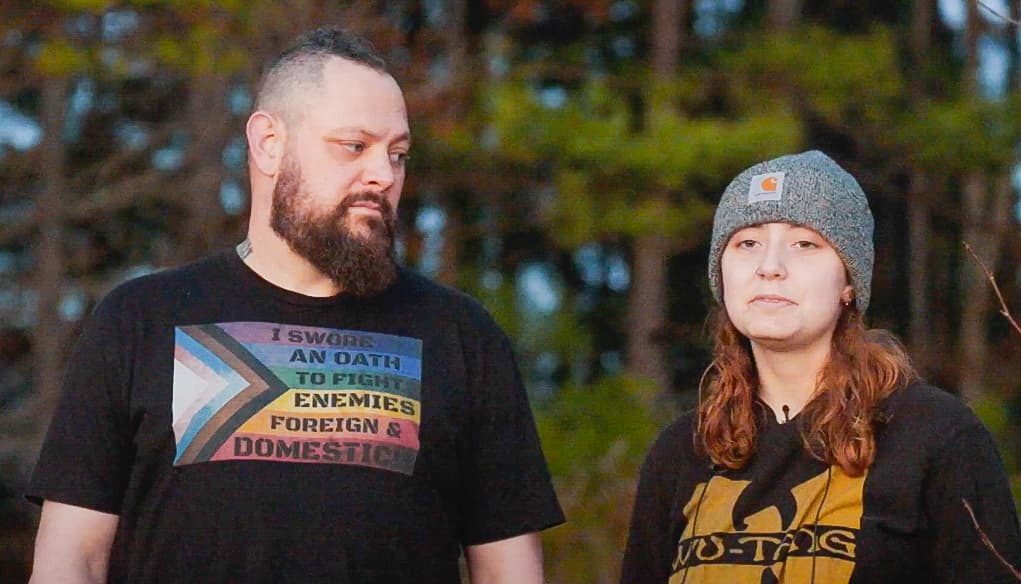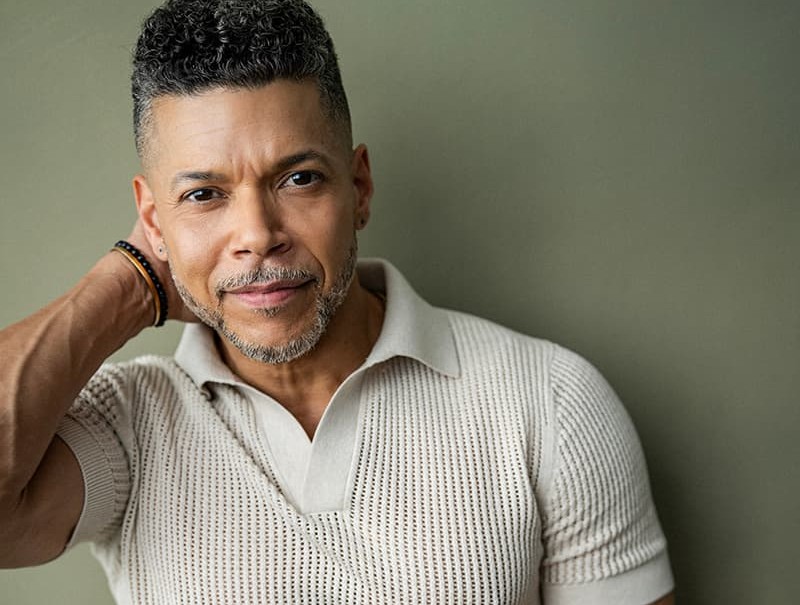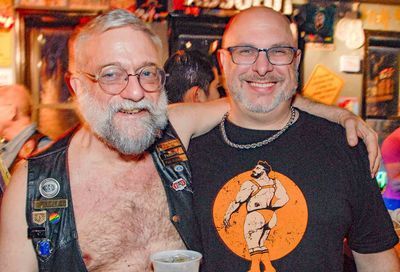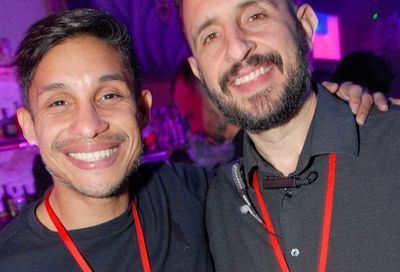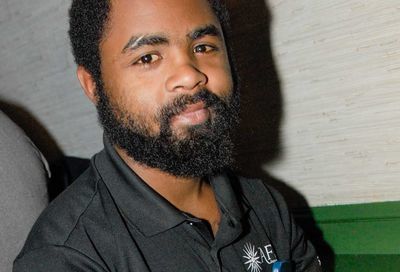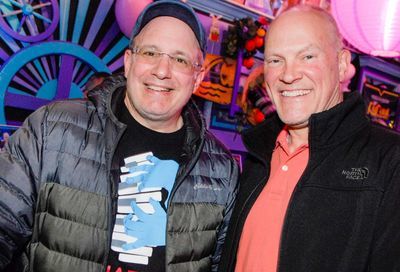In Britain’s elections, politicians unashamedly support LGBT rights
In stark contrast to America's Presidential candidates

With nineteen months until Americans step into the voting booths to pick their next President, lengthy election processes, expensive campaigns, and extensive media coverage seem par for the course.
The American political machine is an incredible spectacle to behold during election cycles, but it has numerous downsides, not least that it eclipses coverage of political change in other nations — even our closest allies. Britain, that nation we acrimoniously divorced from over two-hundred years ago and with which we now have a “special relationship,” is currently embroiled in a hard-fought election cycle.
However, unlike our lengthy, costly elections, Britain’s are almost ludicrously short. On March 30th, its Parliament was dissolved, ending the terms of those Members of Parliament (MPs) who were elected in 2010. On April 9th, every candidate standing for one of the 650 seats in Parliament submitted their nomination papers — no protracted primaries necessary. Those seats represent 650 constituency areas around the country (think House Reps., who each represent small districts as opposed to states). On May 7th, voters in those constituencies will step into booths and elect the candidate — and thus party — of their choice. That’s it: a mere five weeks from Parliament shutting down to Britain having newly elected MPs and a new government. Unlike the U.S., where the legislature is separate from the executive branch, in Britain the party with the largest majority is allowed to form government, choose the Prime Minister (typically the leader of the party), and pass laws.
Of course, Britain’s efficient and cost-effective — a mere $45 million was spent by the three largest parties in 2010 — elections are important for other reasons. From an LGBT standpoint, they offer a fascinating contrast.
Britain’s queer population enjoys a wide variety of rights. Same-sex couples can adopt and marry (except in Northern Ireland), while transgender individuals are recognized under law. There is extensive nondiscrimination protections in both British and European law and open military service has been legal since 1990. Using Britain’s LGBT community as a scapegoat in elections is an unacceptable practice, a tactic favored by many conservative candidates in American politics.
Even Britain’s right wing isn’t as extreme as its American counterpart. It was Britain’s Conservative Party — which introduced Section 28 in the ’80s, legislation similar to Russia’s gay propaganda law — that introduced same-sex marriage last year. While some complained, holdovers from a time when the party skewed further to the right, Prime Minister David Cameron personally supported the move and ensured its passage through Parliament and into law.
Indeed, the Conservatives now proudly boast of having “more out parliamentarians than the other major parties put together,” according to the party’s LGBT group. It’s a pro-LGBT attitude that penetrates every level of the party. When David Cameron, who hopes to be reinstated as the country’s Prime Minister, was asked last week about the homophobic stance of the DUP, a Northern Irish party, he said “I totally disagree with the DUP about this…. Nothing I ever do will go against the values I have about believing in equality and equal rights for gay and lesbian people.”
Not to be outdone in the gay-friendly stakes, this week Ed Miliband, leader of the Labour Party, told PinkNews that he would fully support one of his children should they come out as transgender. “I love my sons unconditionally –- and I would do my best to be as supportive as possible,” he said. It has only recently become politically acceptable for American politicians to support same-sex marriage — transgender acceptance (and, indeed, legal protection) is still a long ways off.
When homophobia rears its ugly head, party leaders are swift to act. When a member of Scotland’s SNP party used Twitter to attack the openly lesbian leader of the Scottish Conservatives, he was swiftly ejected from the party by leader Nicola Sturgeon, who called it “unacceptable. End of…. Anyone engaging in [homophobic abuse] is no friend of my party.”
Of course, British politics aren’t immune to homophobia. UKIP, Britain’s equivalent of the Tea Party, is threatening the LGBT-friendly political mainstream. The party wants to remove Britain from the European Union, shut down the borders and effectively rollback social policy to the ’50s, when men were men, women knew their place, gay people didn’t exist and people of color stayed in “Bongo bongo land,” a pejorative term for developing countries used by one party member.
Party leader Nigel Farage has attempted to layer a jokesy, man-of-the-people vibe over a seething undercurrent of homophobia — a thin veneer that cracks every time one of his party members opens their mouths. Last year, one member asked “if we shot one ‘poofter’ (GLBT whatevers)” whether other gay people would decide that they were straight. Another claimed “There is no such thing as fidelity in homosexual relationships.” Farage himself stated that homophobia was acceptable for those over the age of 70, agreeing with comments made by another party member. Perhaps most ludicrous was a UKIP councillor telling David Cameron that same-sex marriage would lead to flooding.
Thankfully for Britain’s LGBT community, UKIP are in the minority — though they are expected to claim their first seats in Parliament this election cycle, it will be a handful at most. As a whole, the country’s population supports gay rights and LGBT people. A Stonewall survey in 2012 found that eighty-three percent of people would be comfortable if Prince George, heir to the throne, was gay. Over eighty percent of the population would be comfortable if a child, sibling or relative were LGB.
Britain’s election process can’t compare with America’s in scale. However, it greatly outshines its former colony in the way it treats its LGBT citizens as part of the election process. Whereas Ted Cruz, Rand Paul, Marco Rubio et al are more than happy to claim that gays have no right to same-sex marriage or that being gay is a choice, for Britain’s main political parties, embracing and supporting queer voters is a prerequisite to succeeding in next week’s elections.
Support Metro Weekly’s Journalism
These are challenging times for news organizations. And yet it’s crucial we stay active and provide vital resources and information to both our local readers and the world. So won’t you please take a moment and consider supporting Metro Weekly with a membership? For as little as $5 a month, you can help ensure Metro Weekly magazine and MetroWeekly.com remain free, viable resources as we provide the best, most diverse, culturally-resonant LGBTQ coverage in both the D.C. region and around the world. Memberships come with exclusive perks and discounts, your own personal digital delivery of each week’s magazine (and an archive), access to our Member's Lounge when it launches this fall, and exclusive members-only items like Metro Weekly Membership Mugs and Tote Bags! Check out all our membership levels here and please join us today!





